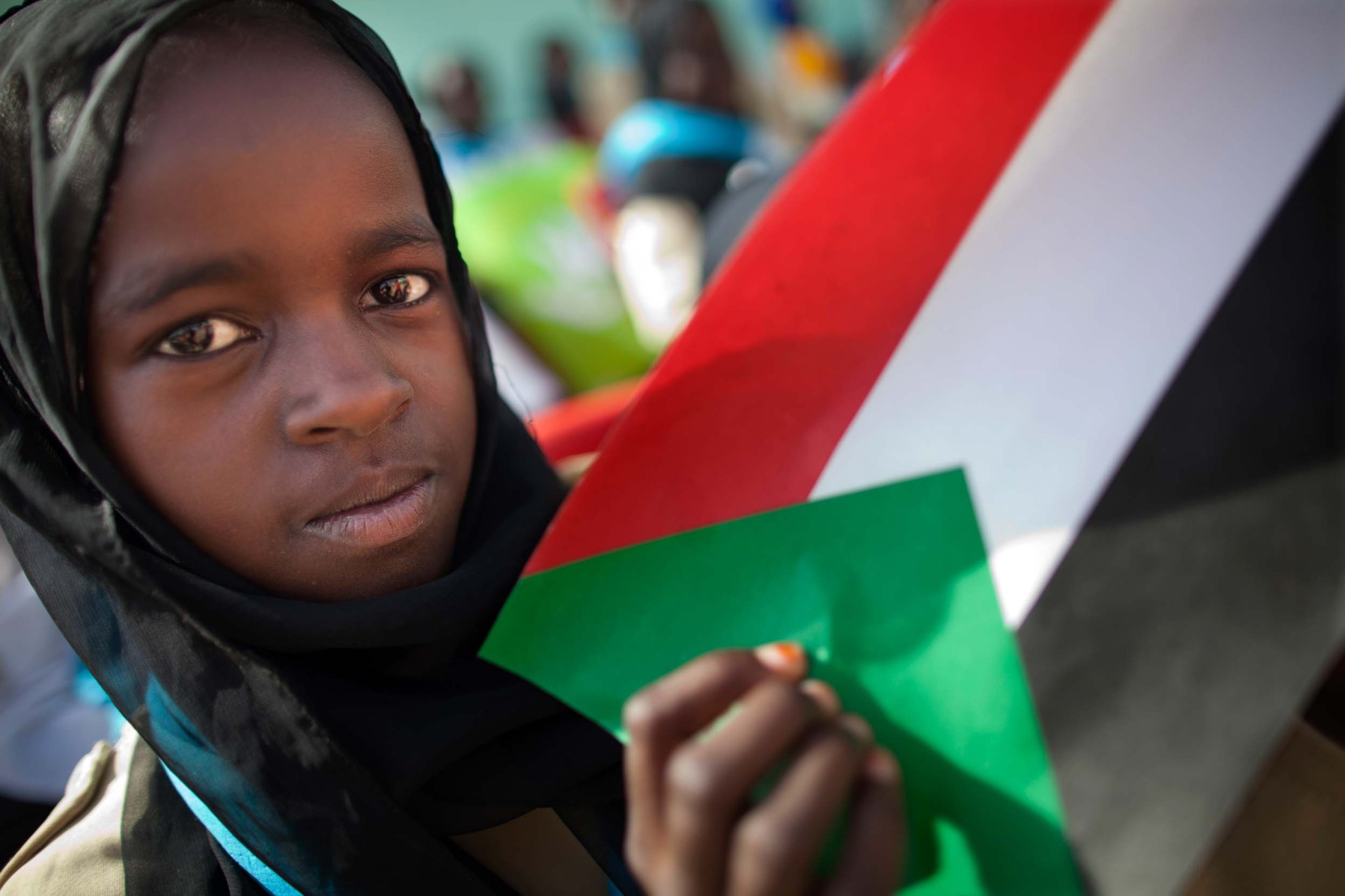
One year after national protests brought Omar Al Bashir’s 30-year rule to an end, members of the Forces for Freedom and Change (FFC) and Transitional Military Council (TMC) signed a landmark power sharing deal and transitional Constitution in Sudan. This 39-month transitional Constitution outlines vast reforms, which aim to remedy the decades of corruption, ethnic cleansing and repressive Islamist rule that has stymied Sudan’s development. With the country at a crossroads, here’s a look at the progress and pitfalls of Sudan’s political transition.
Since the signing of the transitional Constitution, Sudan has made significant strides across both domestic and international fronts to prove their commitment to reforms. This includes the appointment of the first independent prime minister and technocratic cabinet in over three decades and the repeal of the public order law, which was utilized to tyrannize women in public spaces, as well as other antiquated laws designed to limit freedoms of traditionally marginalized groups. The transitional government has also made efforts to dismantle the previous regime, including disbanding the former ruling party, the National Congress Party (NCP), and proceeding with a criminal trial of former president and dictator Omar al-Bashir.
The transitional government has also made progress in improving Sudan’s international reputation, once tarnished by Bashir’s authoritarianism. For example, Sudan and the United States have committed to exchange ambassadors for the first time in over two decades, marking a milestone in the countries’ relationship and Sudan’s alignment with democratic values. Additionally, international donors recently pledged up to US $1.8 billion in foreign aid to assist the with the country’s free-falling economy and democratic development.
Despite these positive developments, citizen discontent over the pace of change is growing. On August 17, 2020, the one-year anniversary of the signing of the transitional Constitution, thousands of demonstrators gathered to express frustration over the slow pace of reforms. Indeed, key milestones integral to a successful democratic transition in Sudan have yet to be achieved.
For example, the transitional Constitution outlines a peace deal between the government and Sudan’s many factionalized, paramilitary actors as a necessary first step in the transitional process to ensure that these stakeholders have access to and representation in formal governance structures. However, a formal peace deal between all opposition paramilitary groups and the transitional government has yet to be reached. Importantly, this delays the formation of other transitional democratic governance structures, including the Transitional Legislative Council.
Without a legislative branch in place, the Sovereign Council – Sudan’s 11-member, half-civilian, half-military executive branch – has been creating and implementing reforms with little transparency or oversight. This has created an opportunity for self-interested political elites to insert themselves into decision-making processes and hinder reforms. Recent examples include the selection of State Governors by political appointment and the battle for oversight of state- and security-sector-owned companies.
While reforms are subject to the feuding of many divergent elite interest groups, citizens are seeing little change from the Bashir era in their every-day lives. Bread and fuel shortages tied to Sudan’s spiraling economy remain a problem, and renewed regional violence continues in conflict zones. With few avenues to communicate their priorities and concerns, citizens are taking to the street once again.
However, dismantling 30 years of corruption, authoritarian rule and the political status quo certainly cannot be accomplished overnight. Building structures to support the inclusion of all Sudanese citizens is a time-consuming process and threatens to exacerbate tensions between the transitional government and citizens, who expect immediate reform. Ultimately, the desire for a “quick fix” creates opportunities for counterrevolutionaries or political elites to mobilize citizens in counterproductive ways. Managing expectations is, therefore, necessary and the transitional process must be improved if Sudan is to have a chance for democratic consolidation.
IRI and its local partners are equipped to assist in this process by promoting inclusive democratic practices to manage expectations and streamline citizens’ voices. At IRI, we are committed to strengthening the relationship between political stakeholders and citizens to foster government responsiveness, increase access to information and amplify the voices of all Sudanese people. In doing so, we hope to walk alongside the Sudanese people on the road to democracy.
Top